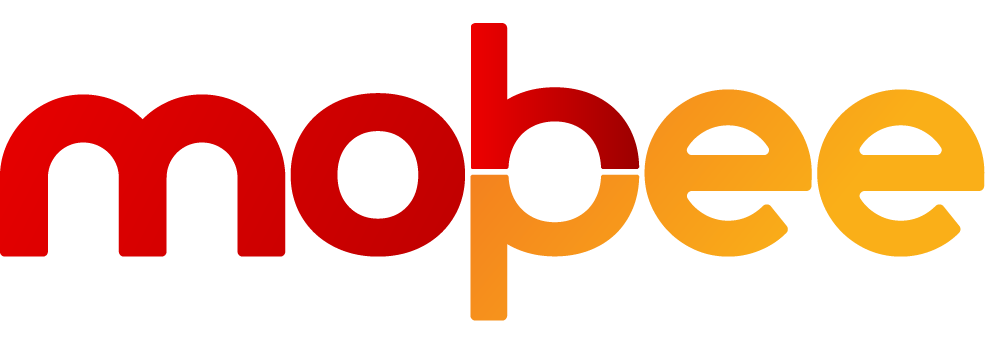
The pace of change in digital marketing continues to accelerate, presenting marketers with both opportunities and challenges. As we move into 2025, understanding key trends is crucial for effectively connecting with customers and maximizing marketing performance.
Artificial Intelligence (AI) remains transformative, consistently evolving with new tools and applications that streamline tasks and boost efficiency. However, AI is not the only shift marketers face. Reduced marketing budgets from 2024 have carried into 2025, necessitating more strategic, cost-effective approaches. Being aware of upcoming trends can empower marketers to leverage opportunities, outperform competitors, and simplify their workload.
Here are five critical digital marketing trends to watch in 2025:
1. Social Media Trends
Social media users spend roughly 2 hours and 19 minutes daily across various platforms, making it vital for marketers to track emerging trends.
- Real-Time Platform Wars: X (formerly Twitter) faces significant declines, with competitors BlueSky and Threads gaining users. BlueSky, founded by Jack Dorsey, attracts users seeking niche, ad-free experiences, while Meta’s Threads boasts a rapidly growing user base of 275 million, aiming to monetize once it reaches one billion users.
- Rise of Employee-Generated Content (EGC): Employee advocacy via platforms like LinkedIn grows in importance, with EGC building trust through relatable, authentic storytelling, enhancing brand transparency.
- Customer-Centric Content: Companies increasingly collaborate directly with customers for authentic, community-driven content, shifting from traditional influencer marketing to deeper customer engagement strategies.
2. AI in Digital Marketing
AI is now integral to digital marketing tools like CRMs and search platforms, with 54% of marketers regularly utilizing AI.
- Avoiding AI Fatigue: Rapid adoption has led to AI fatigue among marketers. Strategic application, rather than universal implementation, ensures AI adds value without overwhelming teams.
- AI Agents: 2025 sees the rise of AI agents capable of executing tasks autonomously, from data analysis and campaign optimization to managing daily operational tasks.
- AI Transforming Ecommerce: AI significantly enhances ecommerce experiences with tailored recommendations, dynamic pricing, visual and voice search, and automated content generation.
- Enhanced Ad Campaigns: AI-driven campaign management offers deeper insights and improved ad targeting, allowing marketers more strategic control and visibility into ad performance.

3. Essential Digital Marketing Skills
The evolving landscape demands both refined AI competencies and strong soft skills.
- Value of Soft Skills: Skills such as collaborative problem-solving, active listening, and strategic thinking are increasingly prioritized as automation handles routine tasks.
- Advanced AI Competence: Marketers must deepen their understanding of AI tools, focusing on strategic, impactful applications and ethical use.
- Cross-Functional Knowledge: Marketers are encouraged to understand finance, business strategy, and broader operational aspects to drive business growth effectively.
4. Search Marketing Trends
Shifts in search behavior and technology necessitate updated SEO strategies.
- Growth of Social Search: Platforms like TikTok and Instagram increasingly serve as search engines, especially among younger demographics, requiring robust social SEO strategies.
- Voice Search Optimization: Voice assistants gain popularity for transactional searches, urging marketers to integrate conversational content strategies.
- Generative Engine Optimization (GEO): Optimizing content for AI-driven search engines (e.g., Google AI Overviews, ChatGPT) is becoming essential as consumer trust and adoption of AI-powered search grow.
5. Content Marketing Trends
Effective content marketing in 2025 involves combining human creativity with AI-driven efficiency.
- Reviving Older Content: Updating and revitalizing existing content can dramatically boost engagement and search rankings, emphasizing multimedia and fresh data.
- Human + AI Content Collaboration: Merging human insights with AI-generated content improves quality, authenticity, and user engagement, aligning with Google’s quality standards.
- Emergence of Gen Alpha: Born after 2010, Gen Alpha is becoming a critical audience segment, demanding socially aware, inclusive, and sustainable content. Gamification and interactive experiences are particularly effective.
Conclusion: Preparing for 2025
Digital marketing in 2025 demands adaptability, strategic AI use, and a comprehensive understanding of emerging platforms and audience behaviors. By focusing on these critical trends, marketers can position themselves and their brands for sustained success in a rapidly evolving digital landscape.
